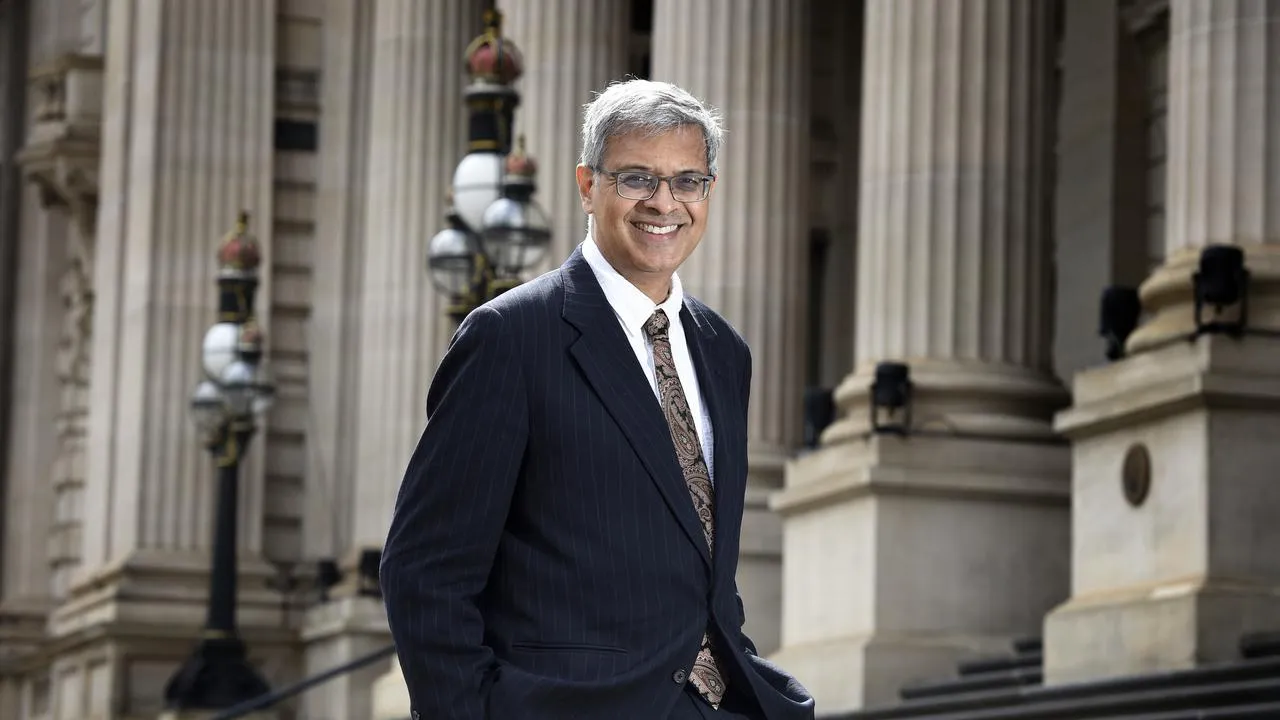Table of Contents
Dr. Jay Bhattacharya has been nominated by Donald Trump to lead the National Institutes of Health. I’m not necessarily the best person to advise the Senate on the depth of Jay’s academic work, his bold co-authoring of the Great Barrington Declaration, which advocated for lifting COVID restrictions for low-risk people, or the political implications of the nomination. But in these tumultuous times, when we desperately need leaders of exceptional character, I can attest that Jay is an extraordinarily thoughtful, humble, and caring teacher whose humanity shines through his every interaction.
I first met Jay when I enrolled in his health economics course in my sophomore year at Stanford University. I was originally unsure about applying economic principles to a field as existential as healthcare, but within a week I was hooked. The subject matter was fascinating, but what truly set the course apart from all others I took during my undergraduate years was Jay’s intellectual brilliance, personal charisma, and unfailing kindness.
Jay’s teaching style was like nothing I had encountered before. All Stanford professors have an air of self-assurance, but Jay uniquely combined this with a warmth and accessibility that made his students feel genuinely valued and respected—a sentiment echoed over three years of a stellar 4.3/5 average rating on course evaluations. Despite the overwhelming demands of his research, international travel, and media commitments, he always prioritized our learning. At Stanford, it was common for professors to be unapproachable, inaccessible, and buried in their own work. But we knew we could always just knock on Jay’s door, ask however many questions we wanted, and be assured that he wasn’t going anywhere until our questions were answered, no matter how long it took.
I first met Jay one-on-one when I wanted to interview him for the Stanford Review about his perspectives on COVID policy and the state of the university post-pandemic. When I stopped by his office (sure that I’d be met with a locked door), I found him wearing a 1990s Stanford sweatshirt and no shoes, with light music playing in the background. I was so focused on my plan to quickly secure a 30-minute slot on his notoriously busy calendar that I didn’t even consider sitting down. Expecting him to tell me something like, "Check with my secretary" or "Email me next month," I was taken aback when he immediately spun around, turned off his computer, and smilingly said, "Have a seat. Let’s do it."
The interview turned out to be a hit, thanks to Jay's sincerity and eagerness to connect with people. His approachability and the thoughtful way he shared his perspectives led to an unexpected flood of student emails in my inbox, asking how they could meet him. Little did they know that they were all trying to connect with the most accessible celebrity professor on campus!
I stayed in touch with Jay, eventually joining him as a research assistant for his health economics textbook. He got me a desk outside his office and I began seeing a lot more of him. We’d have long conversations about everything from health economics to our experiences as Indian-origin Americans to comparing our undergrad experiences at Stanford. Over the next two years, I got to know Jay as not just a teacher, but as a mentor and friend.
What struck me time and again was Jay’s hunger for knowledge from any available source, without the typical academic deference to credentials. When I was working on homework for a reinforcement learning or systems biology class, Jay would come up behind me, pull up a chair, and ask me to explain it to him. As I was writing my honors thesis, Jay sat me down in his office for an hour-and-a-half so that I could explain the complexities of genome engineering—while taking notes and interjecting with questions.
Good scientists and researchers are always curious, but from my experience, few are so humble and eager in their desire to learn and refine their perspectives as Jay. For him, there’s no room for ego when it comes to learning, when it comes to seeking universal truths. If a 21-year-old college student knew something he didn’t, he whipped out a notebook and started taking notes.
I am incredibly fortunate to have had a teacher, mentor, and role model like Jay. His dedication to students’ growth, his unwavering humility, and his kindness make him a truly exceptional individual. You might not agree with all of his positions, but Dr. Jay Bhattacharya is intellectually brilliant and also possesses the depth of character to operate from a position of truth—something desperately needed to confront today’s challenges. I have no doubt that he will serve the nation with the same dedication, humility, and warmth that have defined his career thus far.
Arman Sharma is a former undergraduate student of Jay Bhattacharya’s at Stanford.





